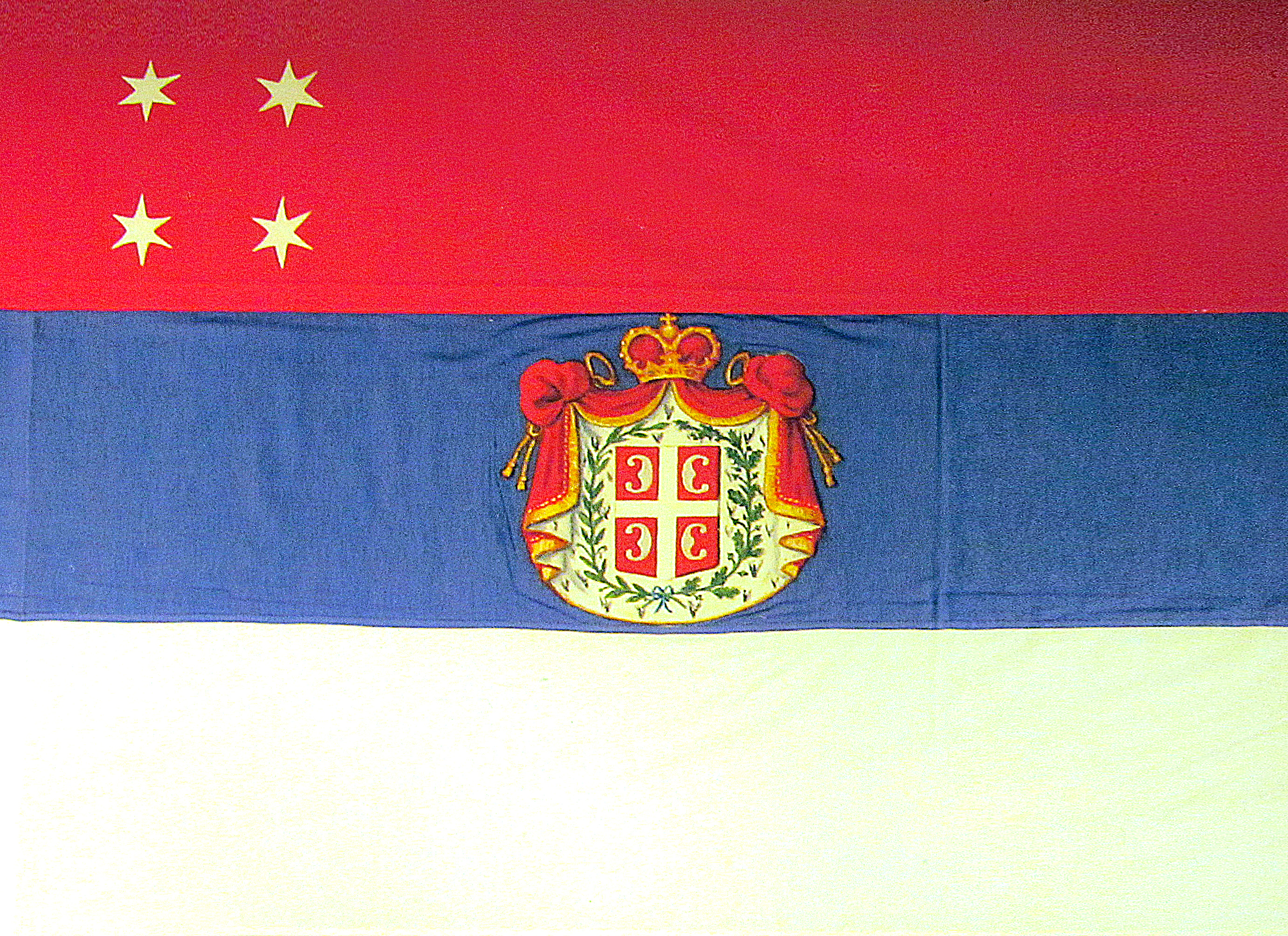мали допринес теми са етимолошке стране. дакле, дилема:
огњила или
оцила  огњило
огњило
изворна словенска реч, са кореном у
огњ, односно
огањ, и означава алат којим се ствара ватра (огањ):
From Proto-Slavic *ognь, from Proto-Indo-European *h₁ngʷni-.
*h₁n̥gʷnis (masculinum) – fire
Two terms for "fire" are reconstructible for Proto-Indo-European: *h₁n̥gʷnis and *péh₂ur. They are usually considered in semantic opposition. The first term is usually masculine and refers to fire as something animate and active (compare Agni, the most prominent Old Indic deity), whereas the second term is neuter and refers to fire as something inanimate and passive, i.e. as a substance.
http://en.wiktionary.org/wiki/Appendix:Proto-Indo-European/h₁n̥gʷnis
ognjь (masculinum) – fire
According to Kortlandt *ognjь reflects a Balto-Slavic noun *ungnis in which the *-ngn- cluster blocked the operation of Winter's law. The sequence *un was lowered to *on before a tautosyllabic stop, with subsequent loss of the nasal as a result of dissimilation (as in *voda (“water”)). The expected reflex of Winter's law with a long vowel (Balto-Slavic */ū/ > Proto-Slavic */y/) is found in *vygъnjь, *vygъnja (“forge”).
Related terms
*vygъnjь, *vygъnja (“forge”)
*ǫglь (“coal”)
Old Church Slavonic:
Cyrillic: огн҄ь (ognʹĭ) (jo-stem), огнь (ognĭ) (i-stem)
Glagolitic: ⱁⰳⱀⱐ (ognĭ)
Bulgarian: о̀гън (ògǎn)
Macedonian: оган (ogan)
Serbian: о̀гањ (òganj)
Belarusian: аго́нь (ahónʹ)
Russian: ого́нь (ogónʹ)
Ukrainian: во́гонь (vóhonʹ)
Slovene: ogenj
Czech: oheň
Polish: ogień
Slovak: oheň
Lower Sorbian: wogeń
Upper Sorbian: woheń
http://en.wiktionary.org/wiki/Appendix:Proto-Slavic/ognjь
оцило
потиче од
оцил, што у старословенском језику значи челик; па оцило указује на материјал од кога је сачињено. а вуче порекло из латинског:
From Proto-Slavic *ocelь, *ocělь from a north-Italian dialect, ultimately from Vulgar Latin *aciāle, *aciārium, from Latin aciēs (“edge, point”), from ācer (“sharp”).
http://en.wiktionary.org/wiki/ocel
сматрам да је огњило боља и прикладнија реч за хералдички термин fuisil
*. употребом огњила ствара се огањ, али огњило и својим именом указује на огањ. док, оцило указује на челик, тј. заоштрен предмет. зато појам
оцило нема ту двоструку симболику (предмета и речи) коју има
огњило.
---------------
* француско
fusil значи
упаљач (огњило), а онатле и – пушка са упаљачем (кремењача). потиче од старофранцуског
fuisil / foisil, што је означавало кремено
кресиво. та реч долази прeко вулгарног латинског
focilis (petra) –
кремен (камен), од каснолатинског
focus - у значењу
ватра. у класичном латинском реч
focus је означавала
огњиште.
у енглеској хералдици термин fuisil (firesteel) значи огњило (упаљач).
то не треба мешати са енглеским хералдичким термином
fusil (франц.
fuseau, fusée)- који представља издужени
losange, а долази од старофранцуског
fusel, које је настало од латинског
fusus, а значи
вретено.
http://www.thefreedictionary.com/fusil
http://www.karlwilcox.com/parker/f/Fusil
http://en.wiktionary.org/wiki/fusil#French
http://en.wiktionary.org/wiki/foisil#Old_French



 још од времена кад су Ромеји крст и огњила први пут сложили у целину, а Кодин то описао и забележио. то што су се касније латини довијали и на разне начине мутили бистру воду, то се нас не дотиче. ми смо грб наследили неизмењен, а такав је остао до данас.
још од времена кад су Ромеји крст и огњила први пут сложили у целину, а Кодин то описао и забележио. то што су се касније латини довијали и на разне начине мутили бистру воду, то се нас не дотиче. ми смо грб наследили неизмењен, а такав је остао до данас.


